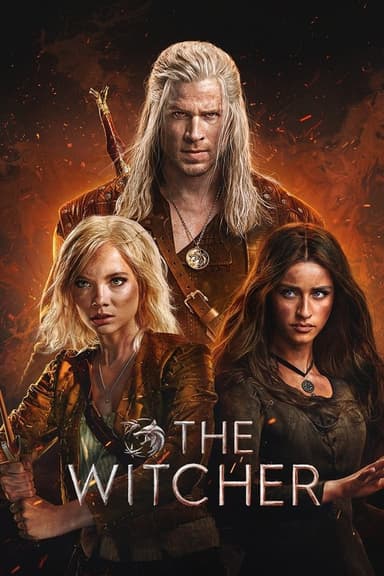
Ever Night
2018 • Action & Adventure, Drama, Sci-Fi & Fantasy
As the lone survivor of his kingdom, Ning Que joins a martial arts academy and must fight to protect his beloved, who's prophesied to bring about chaos.
Why you should read the novel
If you're captivated by the world of 'Ever Night,' delve into the original novel 'Nightfall' for a far deeper, richer experience. The book presents complex philosophies and vivid internal dialogues, offering readers a much more intimate understanding of the characters' motivations and emotional journeys than any TV adaptation can manage. Its lyrical prose and expansive detail breathe life into a world full of intrigue, destiny, and carefully woven mysteries.
Reading 'Nightfall' allows you to fully appreciate Mao Ni's vision, including subtle plot layers and cultural references often lost or minimized on-screen. The novel's pacing gives room for reflection, drawing you into a meditation on fate, morality, and the power of perseverance. You'll find yourself becoming part of the intricate universe, savoring the twists and turns as they unfold in the author’s own words.
Most importantly, the novel offers a connection that is uniquely personal. Without the filters of adaptation, budget, or visual limitations, you encounter each character and conflict in vivid detail as Mao Ni originally created them. This direct experience provides not only entertainment but also literary depth, making 'Nightfall' an unforgettable journey far surpassing the boundaries of its television counterpart.
Adaptation differences
One of the primary differences between 'Ever Night' and its original novel 'Nightfall' is the handling of character relationships, especially the bond between Ning Que and Sang Sang. The TV series simplifies some of the emotional complexities and backstories that the book elaborates on with nuance, condensing motivations to fit episodic pacing and making certain outcomes feel more abrupt or melodramatic.
Plot-wise, the television adaptation frequently alters the sequence of events or omits entire subplots in service of streamlining the narrative. Some supporting characters receive less screen time or have their roles merged or significantly altered, causing the loss of certain narrative threads that contribute to the novel’s rich tapestry. As a result, some philosophical and ethical debates central to 'Nightfall' are glossed over, reducing their thematic impact.
The world-building in the TV series, while visually impressive, does not fully capture the depth and complexity present in Mao Ni’s prose. Many of the book’s cultural references, inner dialogues, and subtle explorations of class, religion, and power dynamics are minimized or rendered visually rather than internally, resulting in a less immersive understanding of the universe. The philosophies and internal conflicts that drive the protagonists are more straightforwardly portrayed on screen, losing layers of interpretation and ambiguity.
Finally, there are creative liberties taken with the tone and style of certain scenes. 'Nightfall' is known for its introspective and poetic narration, while the TV series leans into action sequences and dramatic confrontations to maintain audience engagement. These changes affect the story’s pacing and mood, and sometimes shift the intended message of key moments. Loyal readers may find the adaptation accessible, but less faithful to the literary subtlety and psychological depth of Mao Ni’s work.
Ever Night inspired from
Nightfall
by Mao Ni













